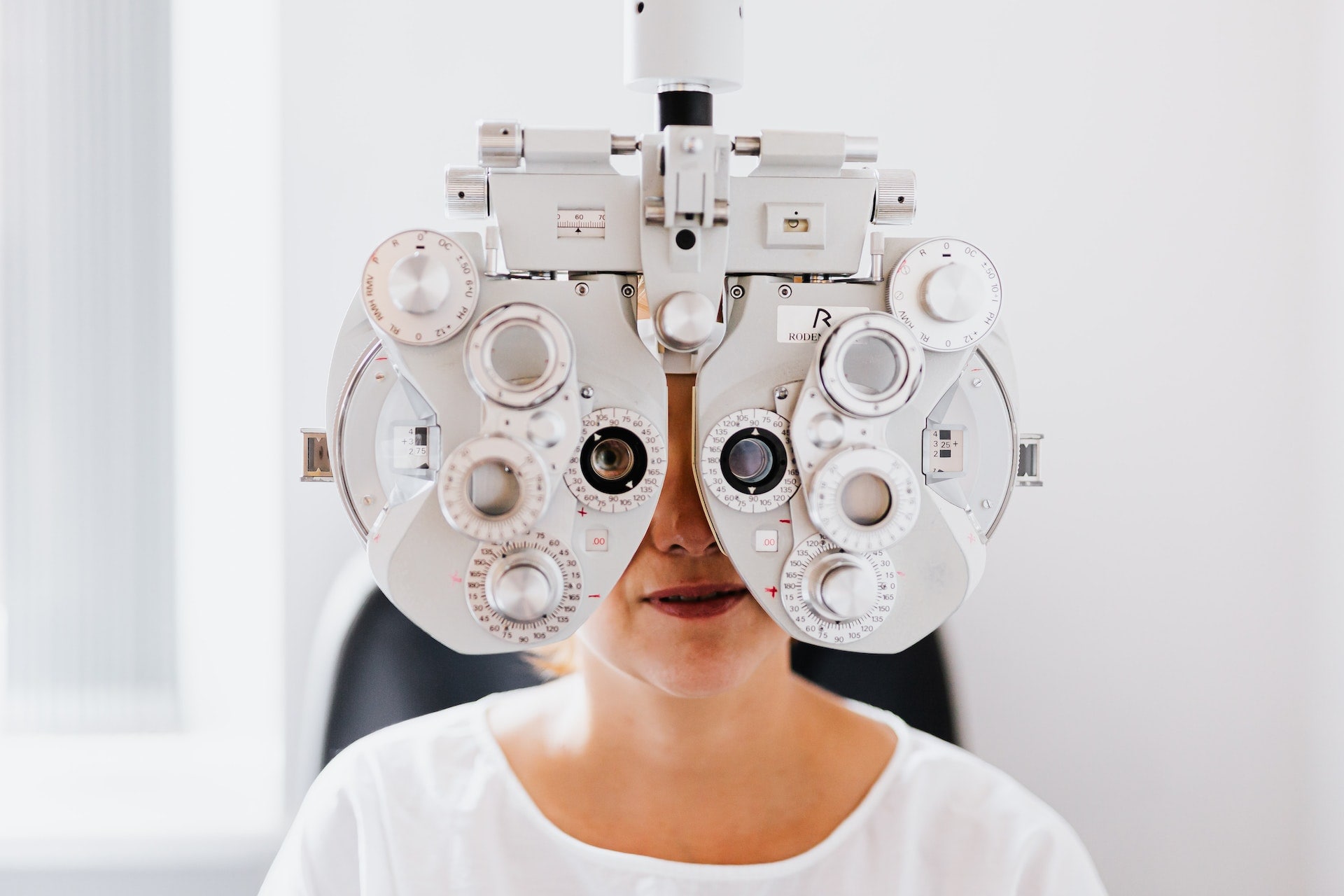One thread I have followed in my quest for answers is how we are prone to illusion and falsehoods. But a question arises: how can we be sure of anything if our minds are so inclined to flawed reasoning and illusion? I discovered the answer in the Buddhist approach to life and the mind.
The number of biases and logical fallacies is long; some more common are confirmation bias, survivor bias, special pleading, and arguments from emotion. It’s a wonder we get anything done with such a mind, yet despite all these problems, we have found a way.
Instead of grasping and holding onto truth, we have become better at examining and discovering untruths or falsehoods. We’re one step closer to what is true by learning what’s false. It’s what makes scepticism so valuable. Instead of grasping for truth, sometimes it’s better to discover untruths and correct our mistakes.
The answer lies in the fact that we can examine our minds to discover what those flaws are. Danny Ariely calls it Predictably Irrational. We’re irrational, but we are in knowable ways. With knowledge of biased and flawed reasoning, we can undertake practices that are correct for it. Critical thinking is one example, as are methods of science used to diminish bias.
Pursuing truth, happiness, and wisdom is like making a corrective lens or spectacles. We can examine our eyes, discover their flaws, and then adopt glasses to correct our vision.
Buddhism can be seen as a corrective lens. We can discover habits and behaviours through a continued examination of the mind. We can learn which behaviours lead to suffering and which lead to liberation from suffering. Then, cultivate further behaviours that follow the latter path. Some commentators, therefore, describe Buddhism as a form of psychological practice.
Buddhists see our minds as clouded by illusion; we’re ignorant of why we suffer. Liberation is through knowledge, seeing the illusions, and understanding how the mind fools itself.
Buddhism, like medicine, offers both curative practices to help when you are suffering and preventive practices to avoid the causes of suffering. Examples include meditation, pondering Koans, Deity Yoga, Nembutsu chanting, iconography and imagery, and the community or Sangha, depending on which school you follow.
Buddhism is the corrective remedial approach to address and prevent suffering. We can’t escape the mind, but liberation from suffering can be achieved by studying it.

